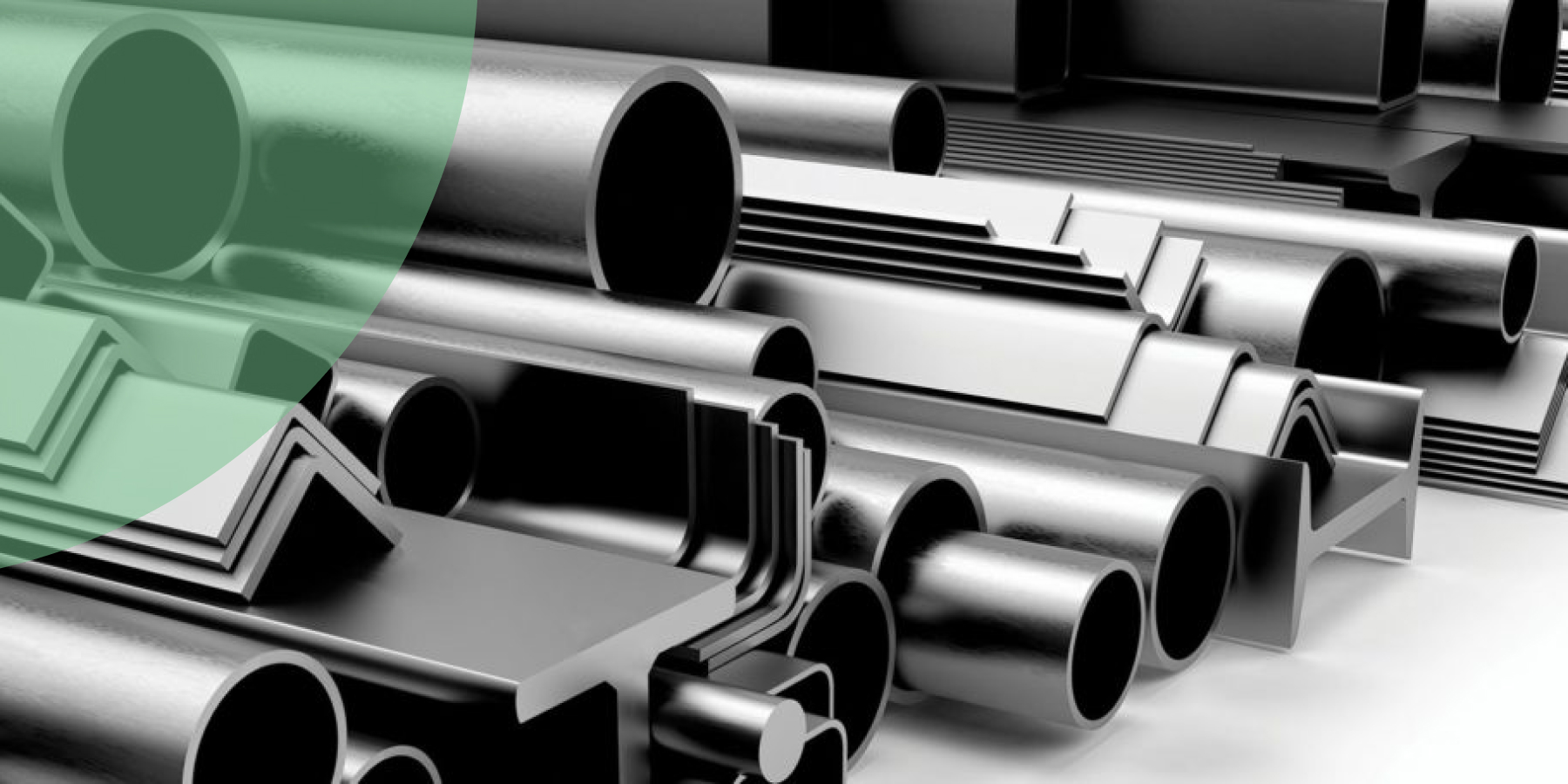How to Choose the Best Nickel Alloy: Inconel, Hastelloy & More
This guide will help you navigate through the choices to determine the best nickel alloy for your specific needs, focusing on key players such as Inconel, Hastelloy, and Monel, as well as other nickel-based alloys.
Nickel alloys are well known for their strength, resistance to corrosion, and resilience to heat, which makes them perfect for demanding conditions in sectors like chemical processing, oil & gas, and aerospace. Because of their special qualities and uses, Inconel, Hastelloy, and Monel stand out among these alloys. With an emphasis on major players like Inconel, Hastelloy, and Monel as well as other nickel-based alloys, this guide will assist you in sorting through the options to find the ideal nickel alloy for your particular requirements.
Understanding Nickel Alloys
Compared to most other metals, nickel alloys are designed to provide better resistance to corrosive conditions and high temperatures, especially in high-temperature applications. These alloys’ capacity to function in harsh environments is improved by the presence of elements like copper, molybdenum, and chromium.
Key Properties:
- Corrosion Resistance: Essential for applications exposed to aggressive environments.
- High-Temperature Strength: Crucial for components in jet engines and power generation plants.
- Durability: Important for long-lasting parts with minimal maintenance.
Choosing Between Inconel, Hastelloy, Monel, and Other Nickel Alloys

Inconel Alloys
Inconel is best known for its exceptional strength at high temperatures and its ability to resist oxidation and corrosion.
- Key Grades: Inconel 625 and Inconel 718 are popular for their fatigue resistance and strength.
- Applications: Used in gas turbine blades, seals, and combustors due to its ability to withstand extreme environments.
- Product Forms: Available as tubes, forgings, and more specialized forms like Inconel ISF for a superior surface finish.
Ideal for: Aerospace applications and extreme environment operations.
Hastelloy Alloys
Hastelloy is highly resistant to corrosion and is used in chemical processing industries where severe corrosion is a major issue.
- Key Grades: Hastelloy C276 is well-regarded for its durability and resistance to pitting.
- Applications: Chemical reactors and equipment exposed to acidic environments.
- Product Forms: Includes pipe fittings, forged fittings, and tube fittings.
Ideal for: Chemical processing environments with aggressive corrosive conditions.
Monel Alloys
Monel is known for its excellent corrosion resistance in marine and chemical environments, with good weldability and moderate to high strength.
- Key Grades: Monel 400 is versatile with high strength and excellent corrosion resistance in alkaline and acidic environments.
- Applications: Marine engineering, chemical, and hydrocarbon processing equipment.
- Product Forms: Commonly available as forgings, round bars, and fittings.
Ideal for: Marine applications and chemical processing where corrosion resistance is critical.
Other Nickel Alloys
Beyond Inconel, Hastelloy, and Monel, there are other nickel alloys such as Nickel 200, which is known for its purity and is commonly used in food processing and synthetic fiber production.
- Key Characteristics: High electrical and thermal conductivity with high purity levels.
- Applications: Handling of foods, synthetic fibers, and caustic alkalis.
- Product Forms: Often found in the form of tubing and piping products.
Ideal for: Industries requiring high purity materials and good thermal properties.
How to Select the Right Nickel Alloy
The individual needs of your application must be taken into account while selecting the best nickel alloy, especially a high strength nickel or nickel superalloy.
- Corrosion Requirements: Determine the type of corrosion resistance needed based on the environmental conditions.
- Temperature Exposure: Assess the maximum and minimum temperatures that the alloy will need to withstand.
- Mechanical Strength: Consider the required strength, ductility, and durability for the application.
- Regulatory Standards: Ensure the alloy meets any specific industry standards or certifications.
Conclusion
Selecting the best nickel alloy, whether it’s Inconel, Hastelloy, Monel, or any alloy based on nickel, requires careful consideration of the alloy’s intended purpose, the physical and chemical stresses it will experience, and the performance requirements. To guarantee optimum performance and lifespan, the selection process should carefully match each alloy’s special advantages with the demands of the application.
FAQ's

Need Help?
We're Here for You!
Feel free to contact us any time. we will get back to you as soon as we can!
Ask Anything
Inconel alloys, known for their exceptional corrosion resistance, generally offer the best resistance to high temperatures, making them ideal for heat-intensive applications.
Yes, Hastelloy alloys, particularly Hastelloy C276, are excellent for seawater environments due to their exceptional corrosion resistance and high nickel content.
Yes, Monel, a high strength nickel alloy, is suitable for oil and gas applications, particularly in environments where corrosion from sulfur compounds is a concern.

